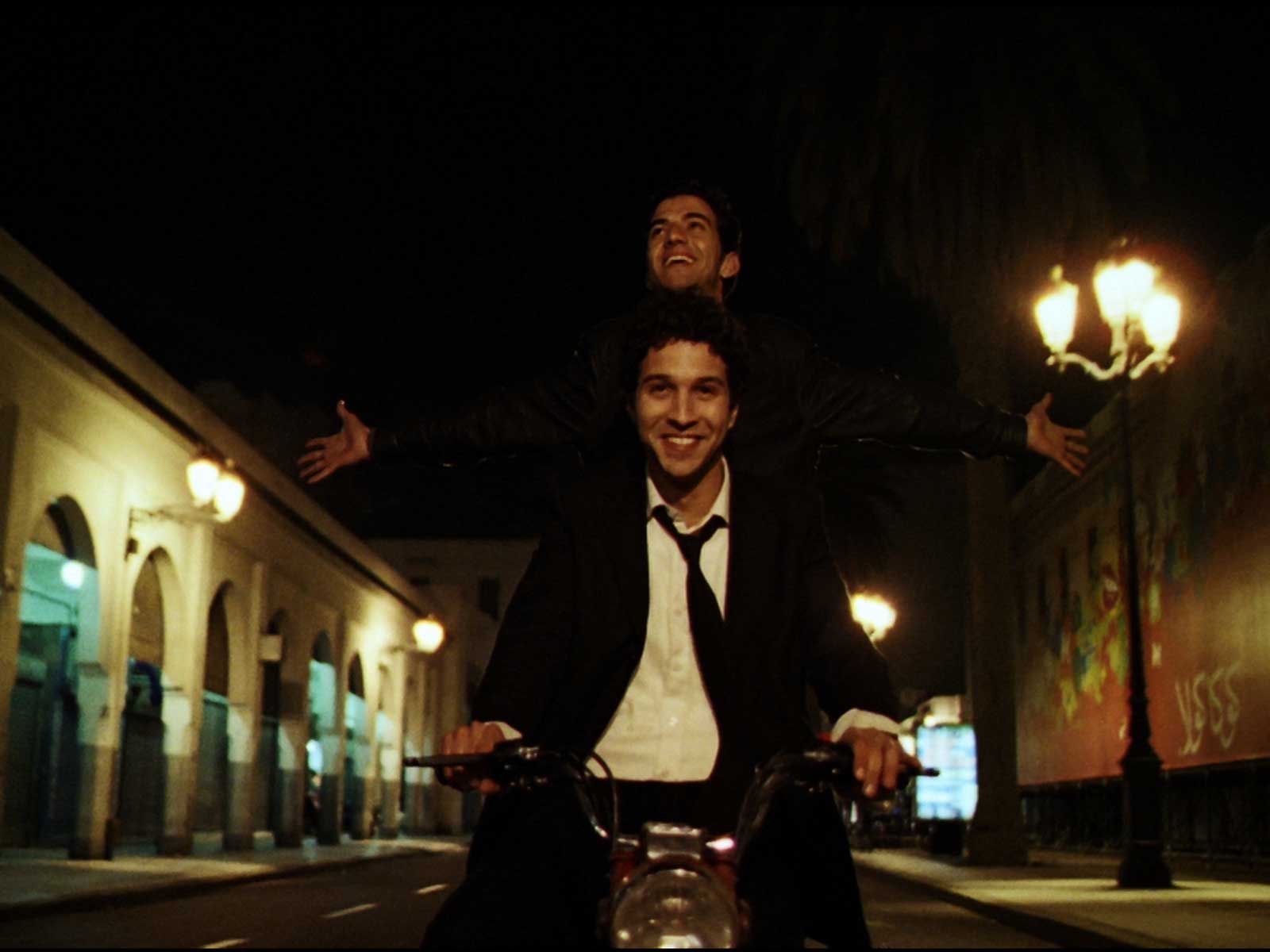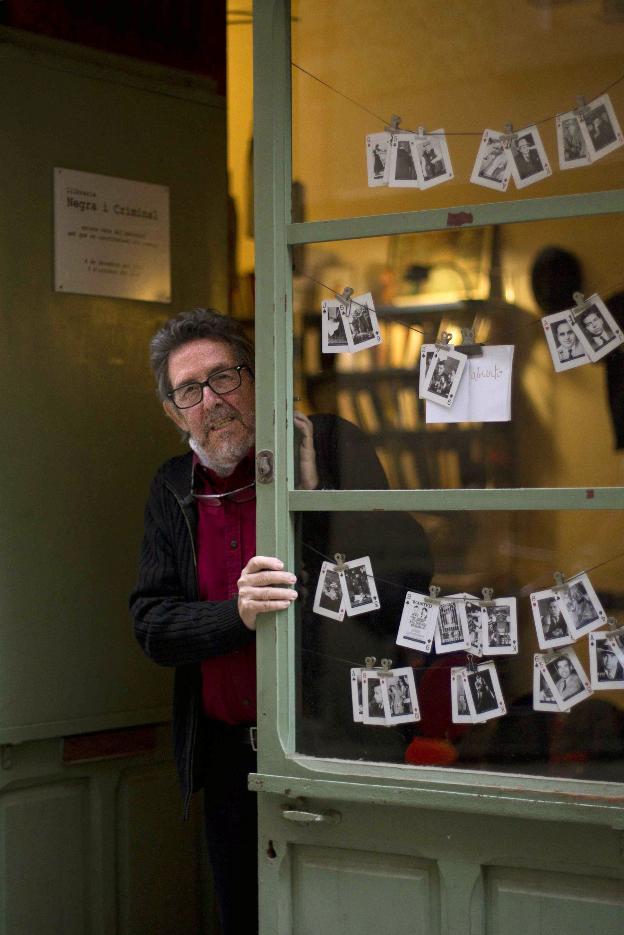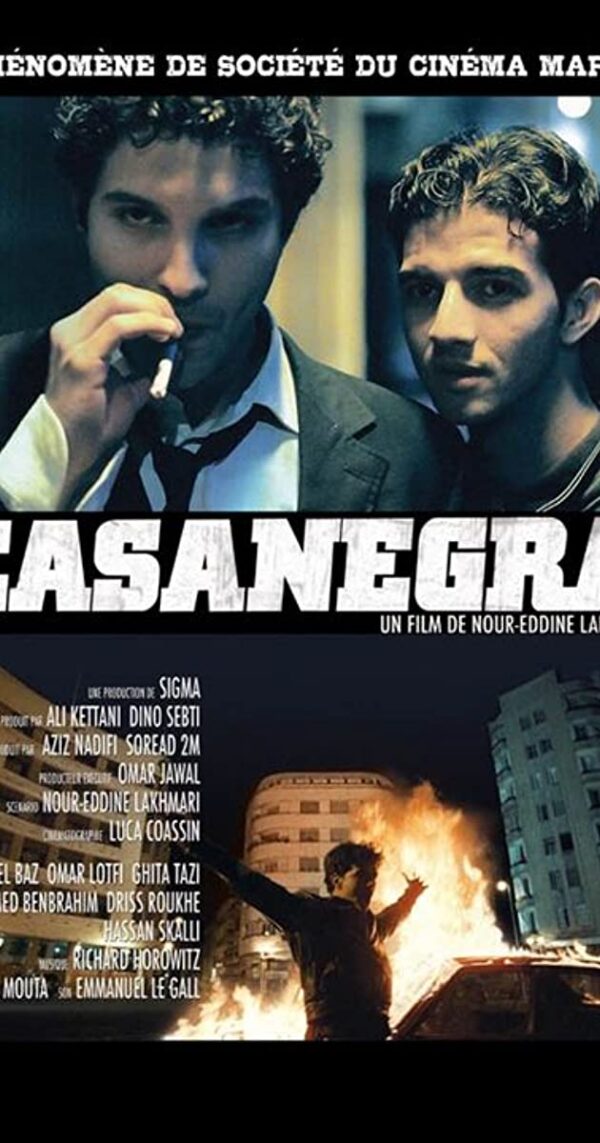



Focusing on each film's articulation of the postcolonial subjectivity of young people through a realist aesthetic, the article situates Moroccan youth's quest for agency within the evolution of Casablanca under neoliberal globalization since the 1980s. I will explore how Farida Benlyazid and Abderrahim Mettour’s documentary Casanayda! (2007) and Ahmed Boulane’s feature film The Satanic Angels (2007) unveil youth's search for historical agency in Moroccan society in the years leading up to the mass protests of 2011 across North Africa. This article examines the representation of Moroccan youth on screen through a close analysis of two recent films which deal with the alternative cultural scene in Casablanca at the turn of the twenty-first century. Moroccan filmmakers have chronicled social change and youth’s quest for freedom and postcolonial agency since the early 1990s.

The second part looks at Casanegra’s affective economy of anger and revolt and the articulation of Moroccan youth’s postcolonial subjectivity. The first part of this article looks at the neoliberal Casablanca that emerged in the aftermath of Morocco’s market reforms in the 1980s and how that transformation engendered a new wave of urban cinema a decade later. This acclaimed film further allows us to approach Moroccan cinema’s affective realism within an urban landscape in a country that has witnessed the rise of a new historical consciousness of postcolonial youth on and off the screen. Taking Noureddine Lakhmari’s Casanegra (2008) as a case study, I argue that this aesthetic frame discloses the critical potential of everyday life and the ordinary affects of anger and the will to revolt among Casablanca’s youth today. This article deals with the two major actors in North Africa’s 2011 uprisings-namely, youth and the city-through a critical exploration of the cinematic realism that has defined Moroccan filmmakers’ response to the country’s socioeconomic transformation under neoliberal globalization since the 1980s.


 0 kommentar(er)
0 kommentar(er)
